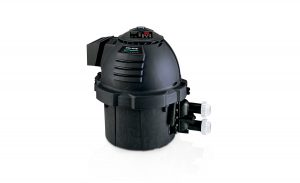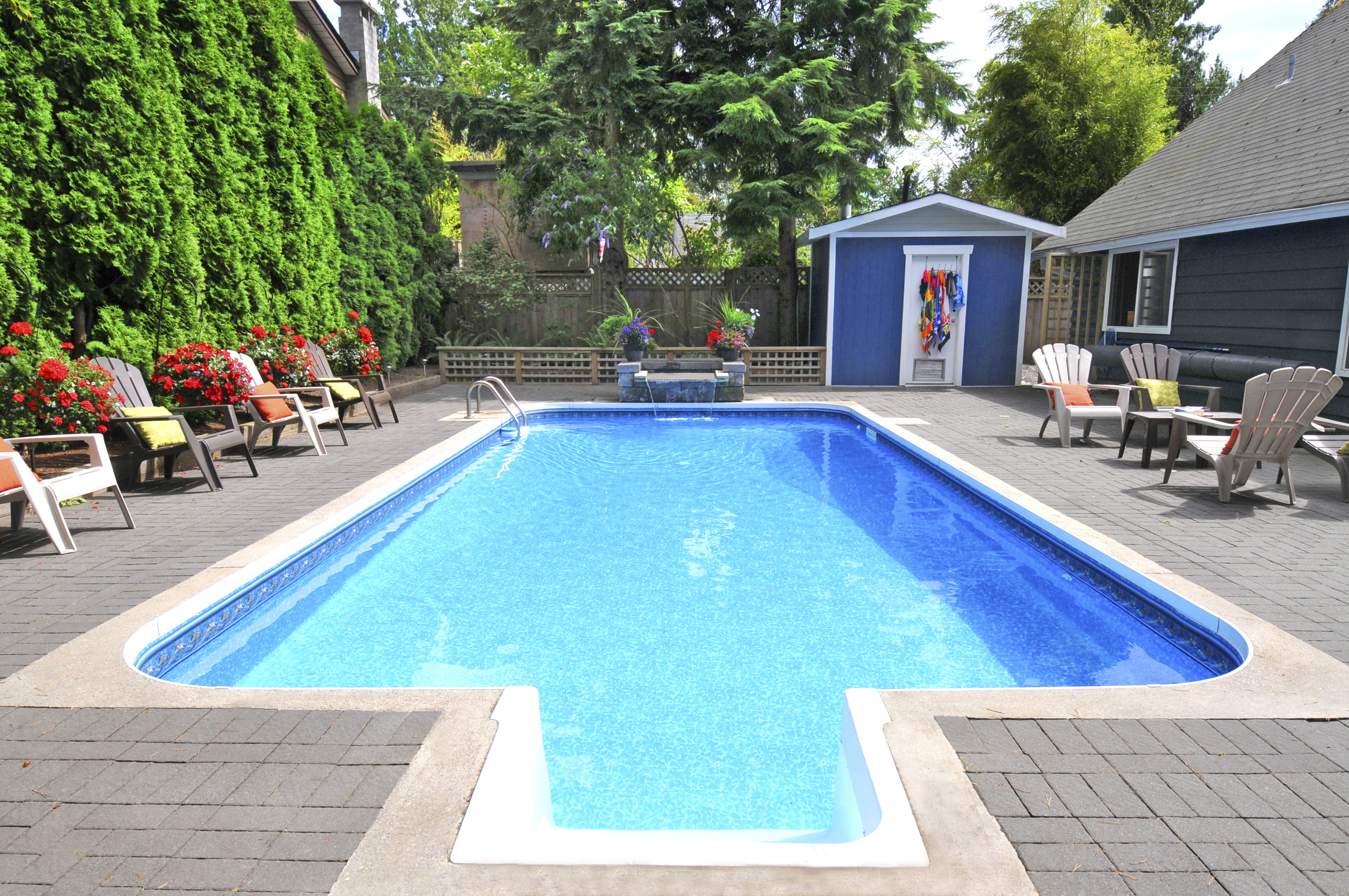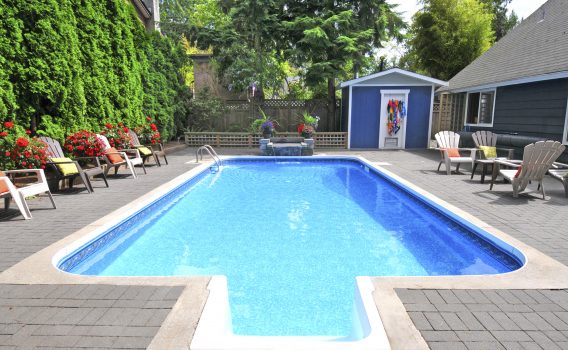 If you are considering purchasing a heater for your swimming pool, you are probably trying to decide which is the best type of heater for your pool. With many styles and options available, deciding which type of pool heater is best for you is a tough decision for most people. The best option for you depends upon many factors, such as your climate and location, the size of your pool, how much sun and wind exposure exists, and whether or not a solar cover will also be used. We’ll help you go through the advantages of both gas and electric pool heaters so that you make the best purchase decision.
If you are considering purchasing a heater for your swimming pool, you are probably trying to decide which is the best type of heater for your pool. With many styles and options available, deciding which type of pool heater is best for you is a tough decision for most people. The best option for you depends upon many factors, such as your climate and location, the size of your pool, how much sun and wind exposure exists, and whether or not a solar cover will also be used. We’ll help you go through the advantages of both gas and electric pool heaters so that you make the best purchase decision.
You’ll first want to think about how you wish to use your heater. Do you want heating at a steady temperature all year long, or do you want your pool to heat quickly during the weeks of the year you really want it warmed up? If you want a steady temperature all year long, electric may be the best option for you. If you have two to three months throughout the season where you don’t need to heat the pool, or if a solar blanket provides enough heat, then a gas heater may be best.
Electric Pool Heaters
Electric heat pump pool heaters extend the use of a pool on average by 2 to 3 months depending on the climate and location.
Some advantages of heat pumps are that they are relatively inexpensive to operate, with monthly costs ranging between $50 to $150. They are designed to be energy efficient, with a lifespan of up to 20 years, and are environmentally friendly, emitting no air pollution by using renewable energy.
Some disadvantages of electric heat pumps are that they are typically expensive to purchase, are dependent upon the air temperature, and heat the pool water slowly.
Gas Pool Heaters
Gas pool heaters burn either propane or natural gas, which burns inside a combustion chamber containing a series of copper coils which heats the water as it passes through the coils.
The advantages of gas pool heaters are that they are typically inexpensive to purchase, they operate independently of the air temperature, and they heat up pool water quickly.
Disadvantages are that they can be expensive to operate with the rising cost of natural gas they could cost from $300 to $500 or more per month , depending on the climate. Gas heaters are not energy efficient and have a life span of far less than electric heat pumps of about 5 years. They are also not environmentally friendly as they do emit air pollution.
To learn more about the different types of pool heaters, the technology, cost-efficiency, and pros and cons of each type, check out our FREE Guide:
Navigating Heating Pool Technologies: A Comprehensive Guide
The Swimming Pool Store Will Help You Decide
The Swimming Pool Store will help you to decide which type of pool heater is the best option for you. We can run your demographics through a pool heater calculator to help determine the best method to provide the most value. Understanding the heating pool technologies available, how they work, energy usage and costs will help you to choose the right type of pool heater for you.
The Swimming Pool Store offers nearly 50 years of experience in pool construction, renovations, maintenance, and service. Contact us today to learn more about our services and for help in selecting the right pool heater for you.


